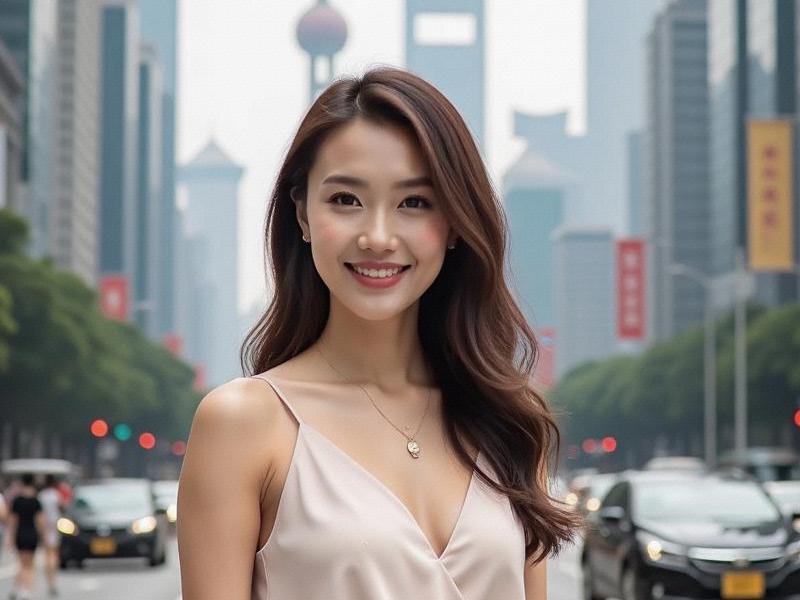This investigative report explores how educated, career-driven Shanghai women navigate the complex intersection of traditional Chinese values and global feminist ideals in China's most international city.

The morning light filters through the skyscrapers of Lujiazui as 29-year-old finance executive Wang Jia hurriedly applies her Charlotte Tilbury lipstick in the elevator of the Shanghai World Financial Center. By the time she reaches the 72nd floor, she's transformed - ready to lead a morning meeting with international investors in flawless English, her tailored cheongsam-style dress subtly announcing her Chinese heritage while projecting contemporary professionalism.
This is the new Shanghainese woman - equally conversant in global business etiquette and traditional Chinese tea ceremonies, as comfortable discussing blockchain technology as debating the perfect xiaolongbao soup dumpling recipe. Recent statistics reveal Shanghai's women are breaking molds:
• 73% hold university degrees (China's highest rate)
• Average marriage age: 30.7 years (national average: 27.9)
• 65% of managerial positions in foreign companies held by women
爱上海同城419 • Fertility rate: 0.82 (below replacement level)
"Shanghai women have always been China's avant-garde," explains sociologist Dr. Li Mei from Fudan University. "What's different now is how consciously they're crafting identities that honor tradition while embracing global opportunities."
The workplace transformation is particularly striking:
- Women-founded startups received 42% of VC funding in Shanghai last year
爱上海419论坛 - Female professionals earn 93% of male counterparts' salaries (China's smallest gap)
- 58% of women negotiate salaries compared to 39% nationally
Fashion reflects this cultural synthesis. Local designers like Helen Lee and Masha Ma are reinventing Chinese aesthetics - pairing qipaos with leather jackets, incorporating Suzhou embroidery into power suits. "My clients want clothing that transitions seamlessly from corporate boardrooms to art gallery openings," explains designer Zhang Yu during Shanghai Fashion Week.
Beauty standards are evolving too:
上海喝茶群vx - 68% reject the "pale skin only" beauty ideal
- 82% prioritize skincare over makeup
- Short hairstyles have increased 47% since 2020 among professionals
Yet challenges remain. The term "shengnü" (leftover women) still carries stigma, and 62% of women report subtle workplace discrimination despite legal protections. The city's fertility rate remains among the world's lowest as women prioritize careers.
As evening falls on the Bund, the glittering skyline mirrors the multifaceted lives of Shanghai's women - traditional yet modern, local yet global, ambitious yet grounded. They're rewriting China's gender narrative one high-heeled step at a time.